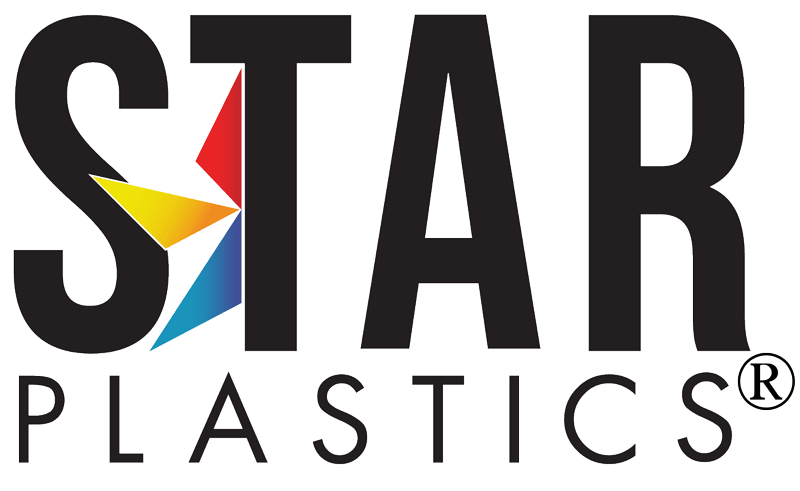Market Update — March 2024
Price Increases and Transportation Challenges
In the last few weeks, we’ve seen a lot of movement in the market: The styrene monomer (SM)
shortage supports increases such as American Styrenics who announced 7 CPP on February 27th
for implementation on March 1st. Recall that North American SM is curtailed by outages, some
planned and some not. All of this is happening while imports are short in the last 3 to 4 months.
We are also seeing signs of benzene ramping up again, which affects many polymers including
nylon 6 and 66, PC, and ABS. Some of the price increase announcements that came across my
desk in the last couple of weeks:
Price announcements included:
Elix announced a shutdown of their ABS plant in Spain which will shut down from May 6th through
the 26th. And you know how startups go with major petrochemical producers. It’s never smooth.
They proposed that orders go into the system by April 1st.
Acetal is on the move with 9 CPP from Kolon, citing pressure on manufacturing costs. They also
import, so that could be part of the increase, too. It was announced on February 21 for March 1
implementation.
Formosa Plastics announced a 3 CPP on PE on February 28th for a March 1st implementation and
orders were subject to their ability to supply as well.
BASF announced a force majeure on February 27 due to ‘unprecedented complications impacting
operations’ focused on low-viscosity polyamide products with no estimate of time when they’ll be
back at normal operational levels.
Overall, PE saw 5 CPP for February (firm) and 3 more for March (TBD if they stick) while PP is
expected to rise by 3 to 6 CPP based on short-term outages in the Gulf Coast.
Celanese announced 9 CPP on March 4 for March 15 implementation date for all 6 and 66 products
in the Zytel®, Celanyl®, and Frianyl® materials in North America, Europe, and Asia, Citing raw
materials cost as the trigger. Their specialty products went up 45 CPP to 90 CPP depending on the
grade.
Invista™ experienced an issue with the startup of new equipment at its Longview, Texas facility
and on March 6th declared a FM for all its PP offers. There was no expected date to be back up and
running in the letter.
Finally, Sabic did experience a power issue at the Mount Vernon, Indiana plant from February
10 through 13th but no price adjustments or supply issues have been announced subsequently.
On the transportation front, A recent edition of Sustainable Plastics issued a story that talked about
intermodal freight and pellet spills in the oceans of the world. The IMO (International Maritime
Organization) which is a United Nations (UN) agency, which is responsible for regulating shipping
globally, has drafted recommendations for shipping pellets and cleaning up pellet spills from ships.
This all stemmed from a major pellet spill in Spain where 6 containers went overboard, and pellets
were found on beaches in Spain.
The recommendations include:
- 1. Plastic pellets are put into packages that withstand the normal shocks encountered
- during shipping.
- 2. Identify containers that contain plastic pellets which will alert the docks to require
- special stowage.
- 3. Containers containing plastic should be stowed under the deck on inboard in sheltered
- areas of the exposed deck.
In terms of clean-up, the IMO has drafted guidelines with practical actions for all governments to
respond to in the event of a spill. The draft guidelines are being submitted to the Marine
Environment Protection Committee this October. How could this affect you? Will the cost of
shipping charges go up in the future?
Even railroads are experiencing challenges. Canadian National (CN) and Canadian Pacific Kansas
City (CPKC) are negotiating and avoiding a work stoppage, says the Teamsters Canada Rail
Conference (TCRC), the union representing workers at both companies. CN and CPKC are
currently in negotiations with the teamsters to renew three collective agreements affecting
approximately 9,300 workers at both companies. The current collective agreements provide rest
provisions that work in conjunction with the existing regulatory framework, allowing workers to
better manage their fatigue. Both companies filed a dispute in mid-February which started the legal
process towards a possible strike or lockout. Under the Canada Labour Code, a work stoppage
could occur as soon as 81 days after government mediators are appointed, potentially leading to a
dispute as early as May.
The Panama Canal is still at a portion of traffic with just 24 (from 36) vessels per day and this is
expected through April. They’ll re-evaluate after that when the dry season is over.
At Star, we’re proud to bring these market updates to you in hopes that they will help you make
informed decisions within the current market and industry conditions. If you hear of events in the
market, please feel free to drop me an email!



